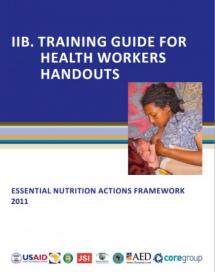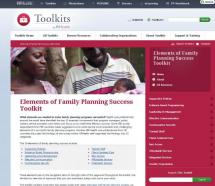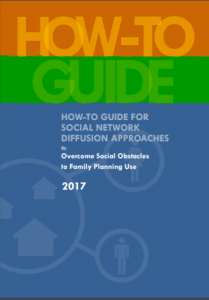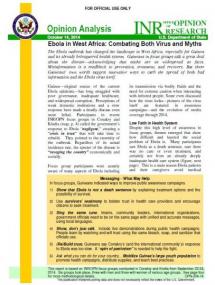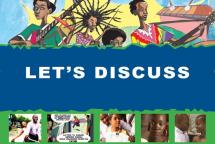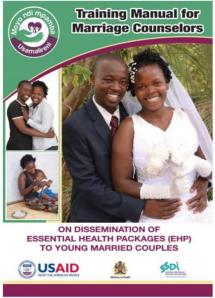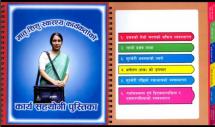Handbook on Participatory Methods for Community-based Projects
This handbook is intended to help integrate more participatory methods into programming for vulnerable populations, especially war-affected young adults and children.
In Liberia, Sierra Leone and Northern Uganda, among other countries in sub-Saharan Africa and throughout the world, communities are poorly equipped to respond in positive ways to returning girl mothers and to other war-affected young mothers in the community who are vulnerable because they may be unmarried, poor, and/or lack family support.
The overall goal is to improve the reintegration and well-being of young mothers by involving them as key actors in changing their situations and building broad community support for this process.
Source: University of Wyoming
Date of Publication: March 25, 2019
SIMILIAR RESOURCES
Tools
Examples
- Training on Effective Communication and Facilitation Skills
- Translators without Borders Glossary for COVID-19
- Feedback Starter Kit
- Skills Sessions: Rumour-tracking
- Integrating SBCC into Service Delivery Programs
- Men's Reproductive Health Curriculum
- Make Me a Change Agent
- Guide to Community Engagement at a Distance
- Framework for Reopening Schools
- Family Planning Global Handbook


